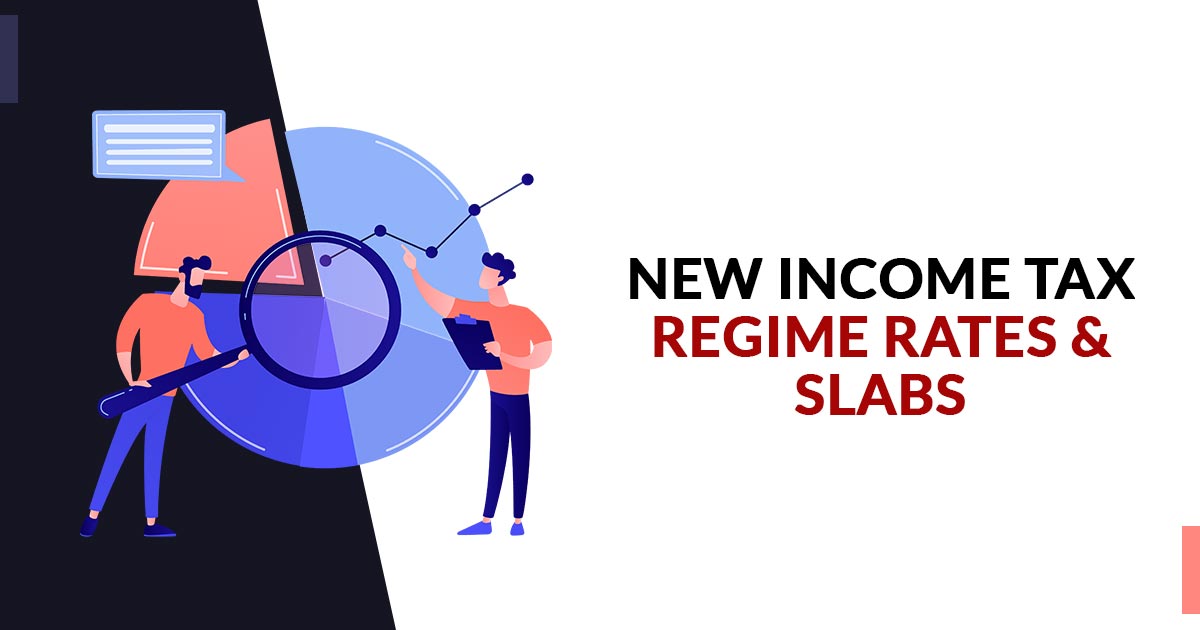
From FY 2025-26 onwards, taxpayers can have the choice within the double income tax scheme, i.e. the newer and the old one and the latest concessional. This choice is synonymous with shopping in the market, where we have the option to purchase one product or the other from our pocket/budget for shopping.
If the taxpayer chooses the current tax scheme, he can continue with the existing available deductions of sections 80C and 80D and so on, of the Income-tax Act 1961 and stated in the Income-tax Act 1961 and tax exemptions like Cash Voucher, house rent allowance, Scheme, LTC, etc.
Latest Updates
- Budget 2026: There are no latest modifications in the income tax slab rates for companies and individuals for the fiscal year 2026-27.
In contrast, the new, concessional income tax regime offers lower tax rates as compared to the old tax regime. However, by opting for the new tax regime, the taxpayer would have to sacrifice most of the tax deductions and exemptions that are accessible under the existing regime.
| Income | Tax Rate Under Old Tax Regime(With exemptions) | Tax Rate Under New Tax Regime (Without Exemptions) |
|---|---|---|
| Annual Up to Rs 2.5 lakhs | Nil | NIL |
| Rs 2.5 – 4 lakh | 5% | 0% |
| Rs 4 – 5 lakh | 5% | 5% |
| Rs 5 – 8 lakh | 20% | 5% |
| Rs 8 – 10 lakh | 20% | 10% |
| Rs 10 – 12 lakh | 30% | 10% |
| Rs 12 – 16 lakh | 30% | 15% |
| Rs 16 –20 lakh | 30% | 20% |
| Rs 20 –24 lakh | 30% | 25% |
| Above Rs 24 lakh | 30% | 30% |
Here is your guide to the new tax regime scheme under the Income Tax Act:
As per the figures in the aforesaid table, in the new tax regime, the highest tax rate is levied on individuals earning income from Rs 24,00,001 onward; however, the income tax rate in the old tax regime is, i.e. highest rate is 30% and that rate too is levied on individuals having income starting from Rs 10,00,001
However, as in the case of the old tax regime, general deductions such as Public Provident Fund (PPF), investments in Employees’ Provident Fund (EPF), etc or exemptions on tax on paid rent or received food coupons & etc. on will not be available under the new tax scheme.
In the latest tax scheme, leaving for a single deduction under section 80CCD (2) of the Income Tax Act, i.e. Tier-I NPS account deduction on the employer’s contribution, is handy.
Further, in the new tax regime, the most extended deduction that can be availed is 14% of basic salary plus dearness allowance. Adding further, contributions (aggregate of all) to NPS, PF, and superannuation funds exceeding Rs 7.5 lakh shall be eligible for the taxes for employees.
Read Also: Easy Way to Switch New to the Old Income Tax Scheme for Taxpayers
Additionally, any dividend interest, etc, that is in the over-limit contribution shall be taxed from the employees’ pocket. In the entire discussion, the question that crops up in the mind is which new income tax regime an individual should follow. The solution to the above dilemma is as follows:
Step 1: You have to calculate the income tax liability, including a cess of 4% within both tax regimes. For that purpose, you can utilise that regime in which your tax liability is lower.
Step 2: Once the income tax liability in these tax schemes is calculated, you can choose the regime in which your tax liability is lower.
As per experts, any individual who has exceeded the Rs 2.5 lakh limit in deductions in an FY will not benefit from taking over the new tax regime. So, in the above-mentioned case, it is better to stick to the old tax regime under income tax.
It is worth mentioning here that, as per income tax laws, pensioners and salaried individuals (not having business income) are permitted to pick up within the latest and previous tax schemes every financial year.









